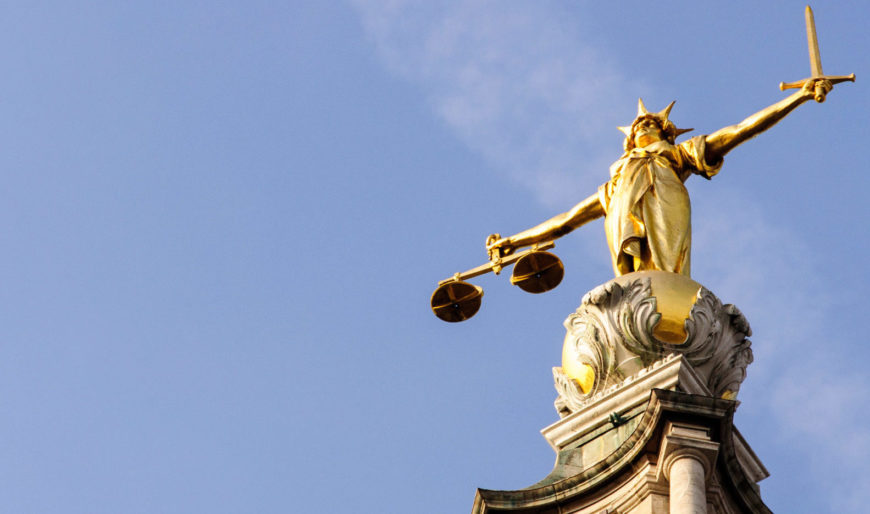Govt ‘may quash dissent’ with Judicial Review reform
The new Judicial Review and Courts Bill will weaken citizens' rights when battling unlawful government actions.

The government’s Judicial Review and Courts Bill – introduced to the house on Wednesday (21 July 2021) – will make it harder for citizens to hold power to account.
If passed, the legislation would mean that when the Courts rule a government action to be unlawful, they can suspend action against policymakers instead of requiring immediate cessation of the unlawful act.
Judges may also have the power to decide that the government does not need to retrospectively compensate for unlawful actions.
This could mean that claimants do not derive any benefit from holding the government to account.
Previous decisions have resulted in millions of pounds in compensation for victims, including Unison’s judicial review into employment tribunal fees, which found the charges to be unlawful. Thousands of workers were reimbursed a total of £27 million between them.
Although not as severe as feared, the new proposals should “ring alarm bells”, the Law Society warned.
Early proposals from the Ministry of Justice suggested adding so-called “ouster clauses”, which would exempt some government decision-making from being challenged in the courts.
While the MoJ has apparently backed away from this highly controversial policy, the Law Society warned it may actually be trying to impose it through the back door.
Within the Judicial Review and Courts Bill is a proposal to ban Cart Judicial Reviews – a practice whereby immigration and asylum claimants can bring a case to the High Court when their request for appeal has been refused by both first and first-tier and upper tribunals.
This proposal “may set a precedent for government to give itself the power to remove certain types of cases from the scope of judicial review, which would effectively spawn a new breed of ouster clause,” Stephanie Boyce, President of the Law Society, explained.
An “unprecedented” coalition of more than 220 organisations, including charities and trade unions, came out against the Bill and a concurrent review into the Human Rights Act.
“While every system could be improved, and protecting rights and freedoms for all is a balancing act, our Human Rights Act is a proportionate and well-drafted protection for the fundamental liberties and responsibilities of everyone in this country,” a statement from the group, led by Humanists UK, read.
“The Act guarantees the rights to free speech and expression, to life, to liberty, to security, to privacy, to assembly, and to freedom of religion or belief. It prohibits torture and guarantees fair trials and the rule of law.
“Judicial review is an indispensable mechanism for individuals to assert those rights and freedoms against the power of the State. Any government that cares about freedom and justice should celebrate and protect these vital institutions and never demean or threaten them.”







